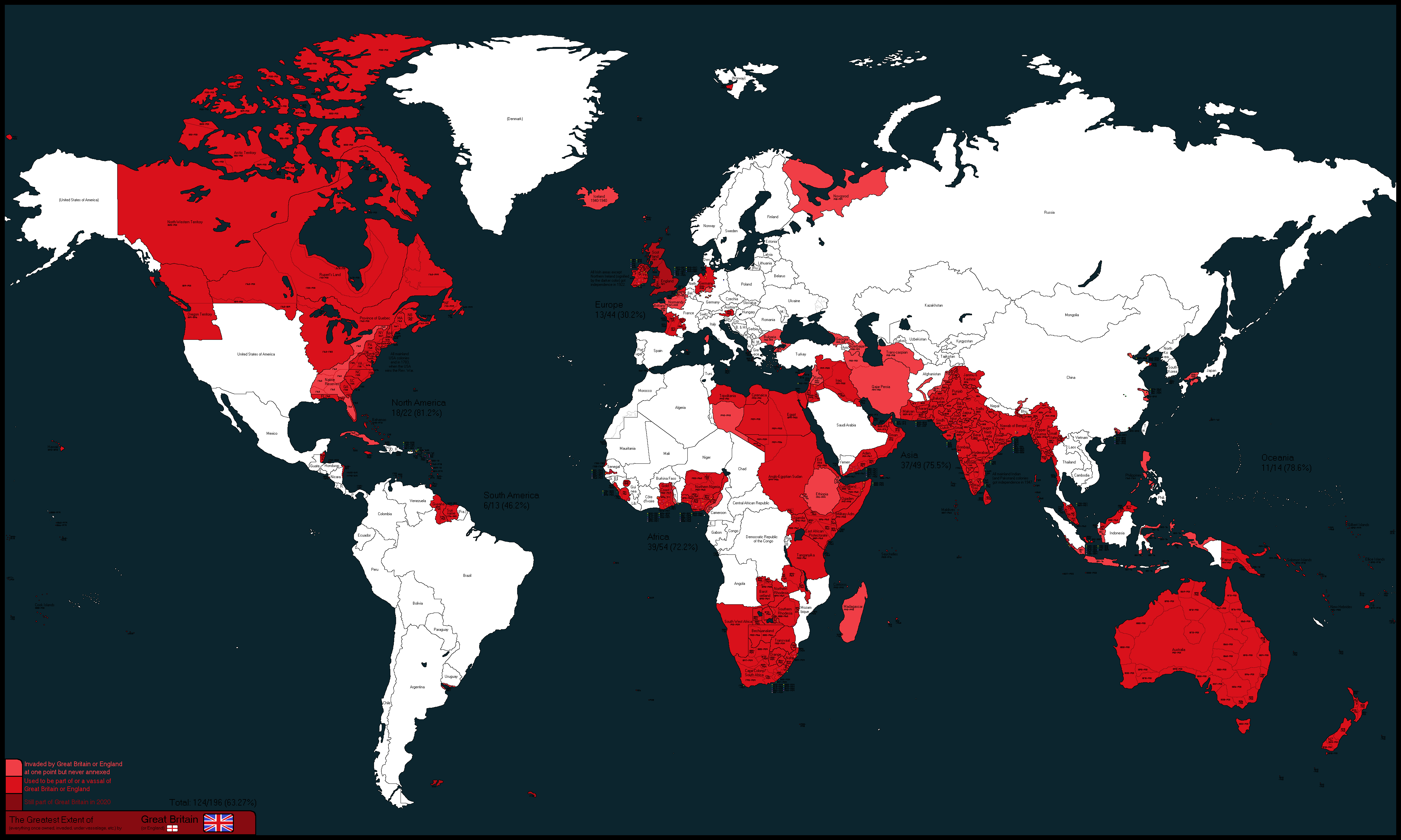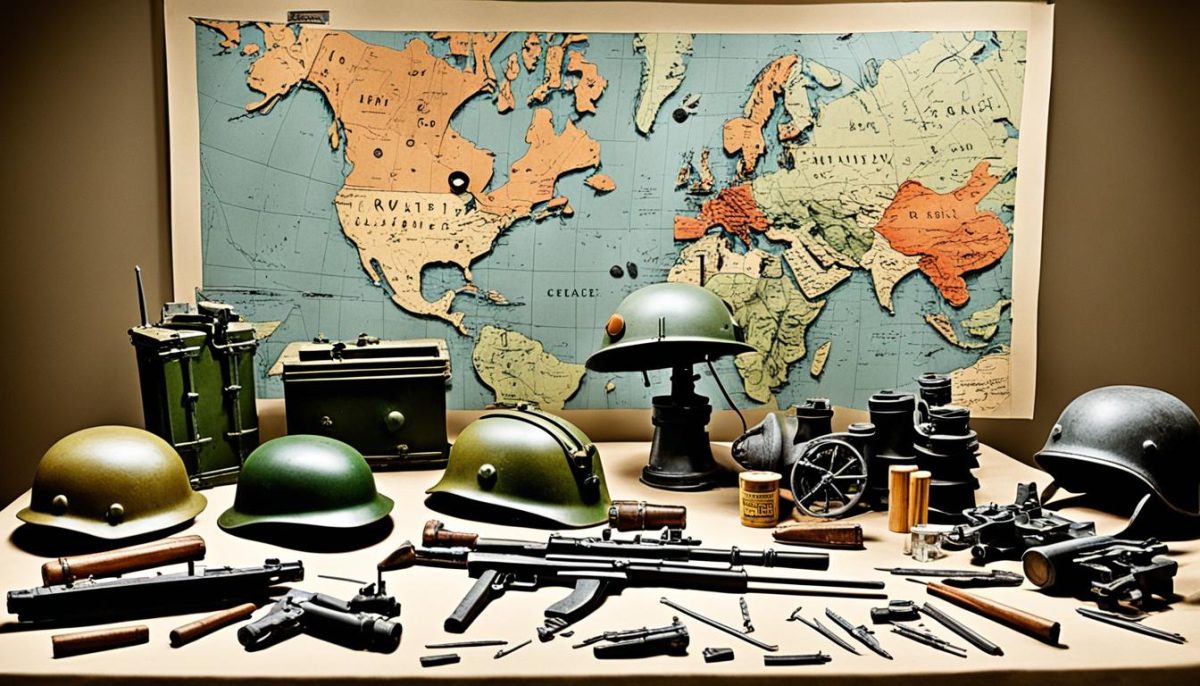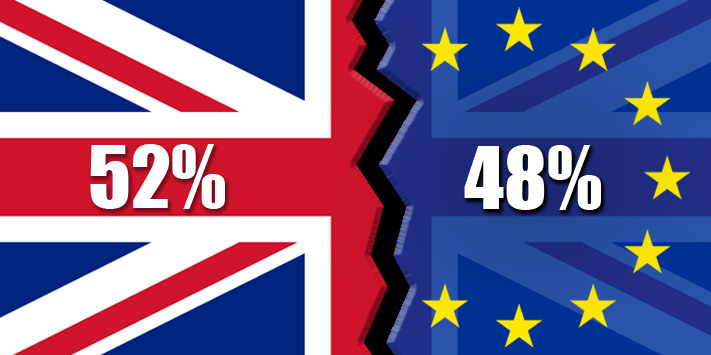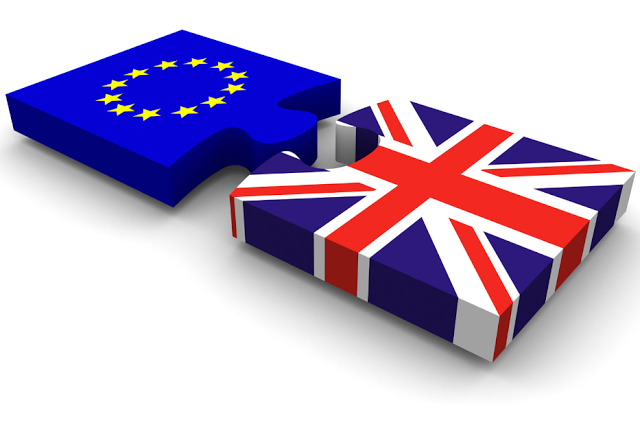The reason why the British people voted for Brexit was simply that British citizens did not see the benefits of transferring sovereign power from the Mother of all Parliaments to Brussels, the capital city of Belgium.
There was a huge financial cost of being a Member State of the political European Union, which was an annual membership cost, plus further costs of funding different infrastructure projects, and departments across the European Union.
So, the overall cost to the United Kingdom of Great Britain and Northern Ireland was much greater than was reported by British politicians and considering the European Union does not audit itself of its expenditure or release any cost of funding in what the European Union President and President of the EU Parliament, and Commissioners see fit to spend the European Union budget.
What is unique within the UK and the British people come from across the world due to the historical and cultural links from the days of the British Empire.

Being insular to just caring about Europe is not something Great Britain was ever interested in, but further afield hence colonising the seven continents of the world.
The only interest Great Britain had within Europe was always to have peace against warring nations and those that wanted and went to war with Great Britain.
Thousands of battles over the past two thousand years have shaped Europe to how it is today, and largely by the reluctance of the British to intervene but only did so as a last resort.
When the British Empire was first considering decommissioning the British Empire as early as 1901, it was replaced by the formation of The Commonwealth of Nations.
The founding members of the Commonwealth of Nations were Australia, Canada, South Africa and New Zealand.

What delayed this transition was World War I and then in 1920 the then Foreign Minister Arthur Balfour started the official transition from Empire to Commonwealth, but again another war in Europe started in 1939, which led to World War II.
After World War II ended in 1945, and Great Britain bankrupted from fighting Nazi Germany in Europe, Middle East and North Africa and in Asia against Imperial Japan.
Slowly, the British Empire was dismantled and the Commonwealth started to form with the original founding members joining.
The Commonwealth of Nations membership increased as former colonised countries saw a benefit in being in a non-political union of nations but having common values and upholding them for the betterment of their respective citizens as well as operating for the betterment of the Commonwealth and citizens within this membership of nations.
The Commonwealth of Nations has a membership of 56 countries, with a billion citizens within this membership globally.
When the European Economic Community (EEC) was formed between France and Germany and started as a result of controlling the coal and steel industry and protecting pricing from global competitors from both companies and countries.
Soon other countries seeing the advantages of having a European trade and commerce market wanted to join and needed authorisation from France, which initially rejected the United Kingdom, with the newspaper headlines reading, "Non!"
However, in 1973 on the second application attempt for the pro-European integration French President Georges Pompidou agreed for the British to become a member of the EEC.
The relationship between the UK and Europe was not all plain sailing and harmonious but the quarrels happened around the conference table rather than firing missiles at British or European capital cities.
When Prime Minister Edward Heath campaigned in the General Election for the Conservatives that joining the EEC will lead to a European super federal political union, but still the British electorate voted the Conservatives into power and subsequently the UK joined the EEC, with French approval.
The reason the then French President Charles de Galle (in office 1959 - 1969) initially rejected the UK into the EEC because he feared the United States of America would come into the EEC through the backdoor due to the 'Special Relationship' that the UK and USA has and still have to this day and will continue to have until the end of days on this planet (if that ever happens).
Many battles between the UK under Prime Minister Margaret Thatcher and mostly the German Chancellor and French Presidents and Prime Ministers on how much power and rights were handed over to the EEC from participating members throughout the 1980s.
When the 1990s came under the German Chancellor Helmut Kohl there was a shift into converting the EEC as a trading block into a political union, where sovereignty would be transferred from member countries to a Centralised European governmental institution.
While many national British newspapers ran headlines that were informing the British people that going from a trading block to a political union will affect the way Britain was politically run, and that powers and sovereignty would be under attack.
There has always been a fifty-fifty split within the UK as to whether being either in a trading block or a political union within Europe.
Whilst being in a trading block in the EEC, member countries could still trade with countries outside of the EEC, that they have been doing for centuries, including those that had cultural and historical ties.
However, once the EEC became the European Community (EC), which was incorporated into the newly created European Union (EU) in 1993, this meant that Member States (which was the renamed countries of association), and sovereignty of Member States transferred from their respective capital cities to Brussels, Belgium and a newly formed Parliament with a President and Commissioners who would represent Member States not only within the EU, but globally.
The first kickback to EU membership came when British market stall traders and supermarkets sold fruit and vegetables in weight from pounds and ounces to the European standard of kilos and grams.
While supermarkets complied independent market stall traders disagreed and stood up to this new EU law, which saw them being imprisoned by not following an EU law, which showed to the British people how much power and sovereignty were being transferred, which happened continuously until the UK left the EU, after a hotly contested Referendum in 2016, that was won with a 52% majority under the premiership of Conservative leader David Cameron.

The British people are not just citizens born with the United Kingdom of Great Britain and Northern Ireland, but from Commonwealth nations, which had seen the creation of the EU put unfair trade tariffs on their original countries and this included favouring EU citizens rather than citizens outside of the EU.
British politicians often hid between the responsibility of not having to participate in foreign relations and trade deals with countries across the world including Commonwealth nations.
This essentially cut off the UK with the rest of the world and this insular thinking of Europe had caused a lot of damage amongst Commonwealth nations and foreign countries that wanted to trade with the UK and other European countries couldn't do so freely, and often with such high tariffs that it has caused a lot of high poverty rates due to this unfair trade position.
So, the British finally had enough and what really pushed for a break with the EU, was when Daivd Cameron was face-slapped by former EU President Juncker and told not to step out of line and not rock the boat, which was seen as disrespectful but treating the UK and the British people with contempt.
With all of the threats that the UK and the British people will suffer by leaving the EU hasn't happened and the UK is actually thriving better than both France and the European powerhouse and largest Member State of the EU Germany.
The United Kingdom reignited foreign relations directly as well as the excitement of countries across the world including The Commonwealth of Nations wanted to do trade deals, which were some of the best deals even the EU couldn't manage.
Since 2016, the divorce between with the UK and EU came at a financial cost of £39 billion a severance payment, and a trade deal soon after was initiated because of the amount of trade between the UK and EU Member States is so lucrative that this had to be done right so that everyone within the UK and EU benefited, even though the political union was severed.
Though Brexit still gets banded around it is now history and the United Kingdom of Great Britain and Northern Ireland once again has restored her sovereignty for the people and power back to the Mother of all Parliaments, and once again a Superpower of Influence throughout the world.
To respond to this report please email us.
